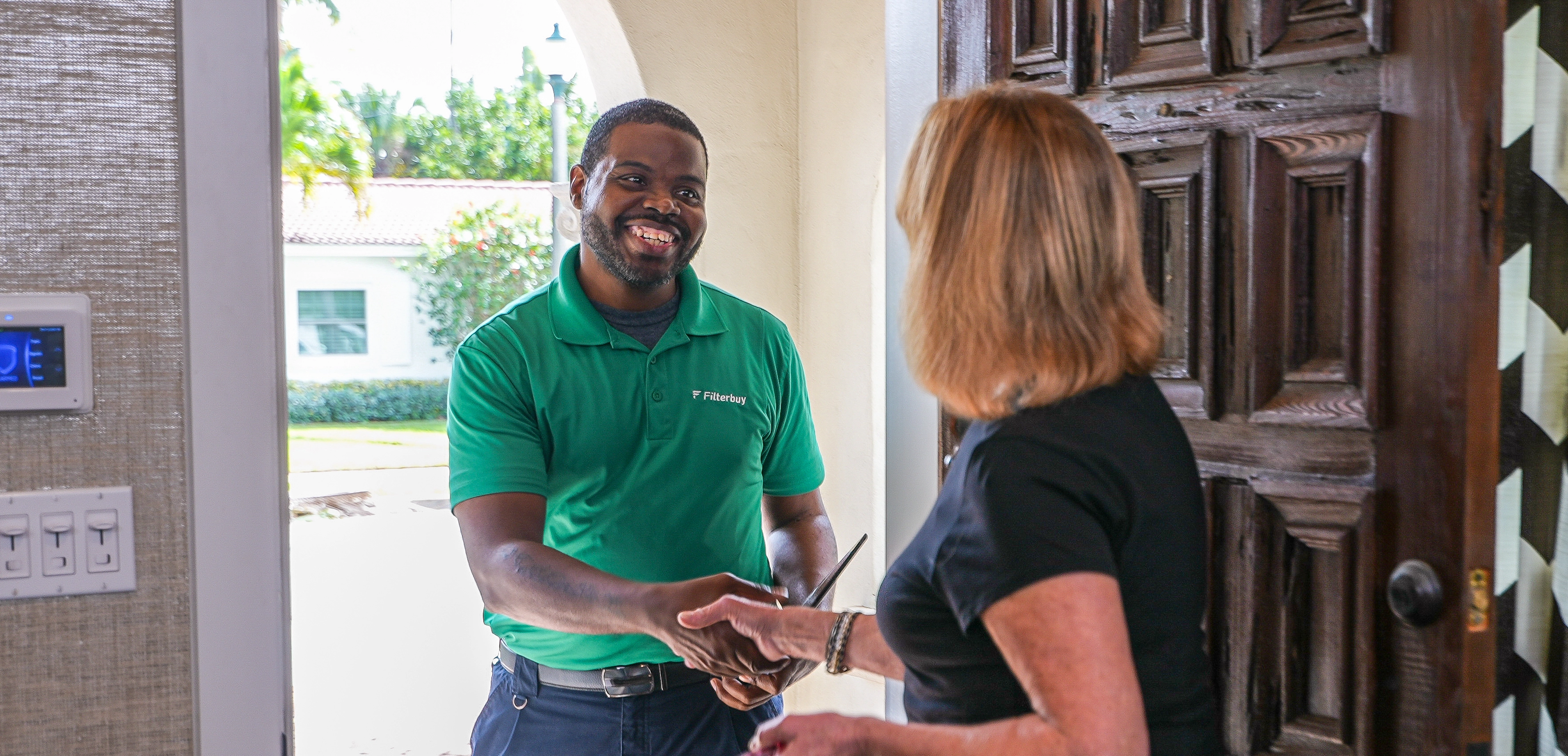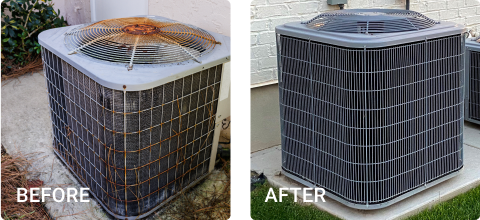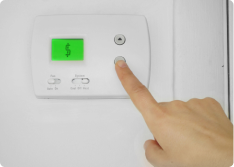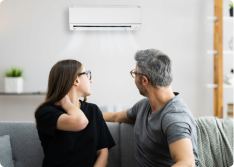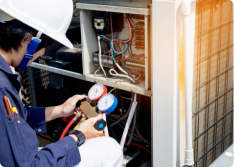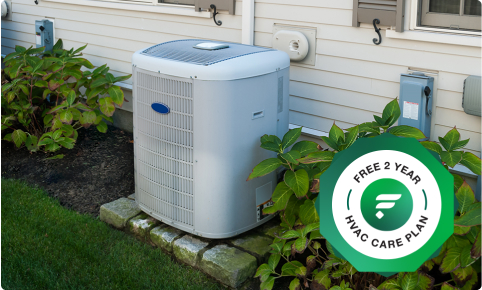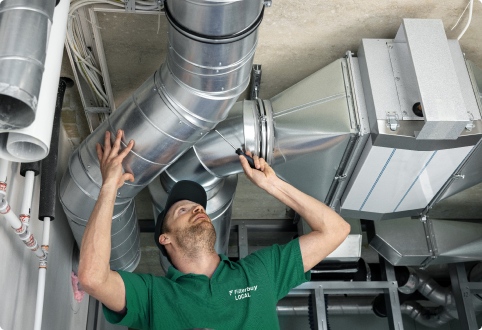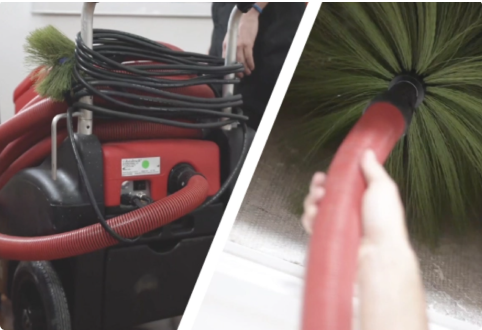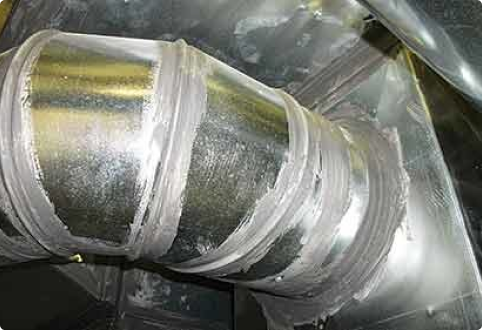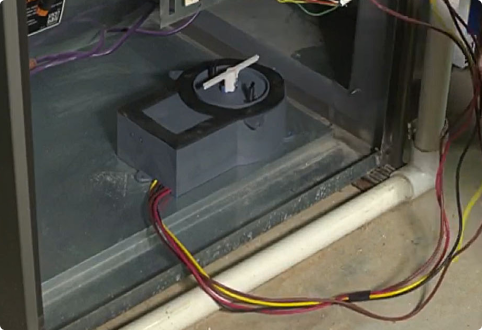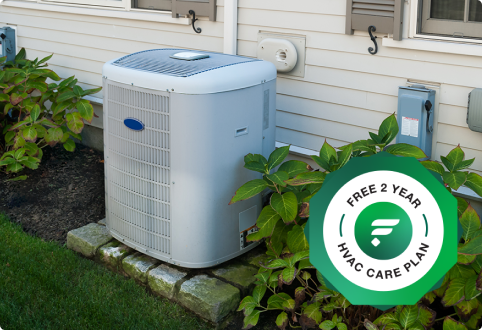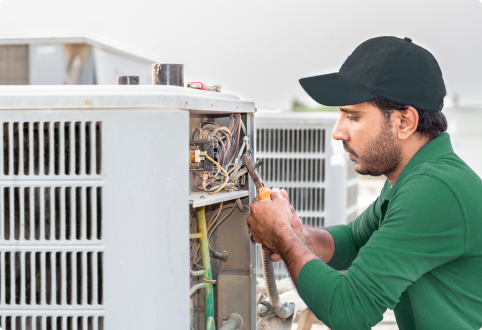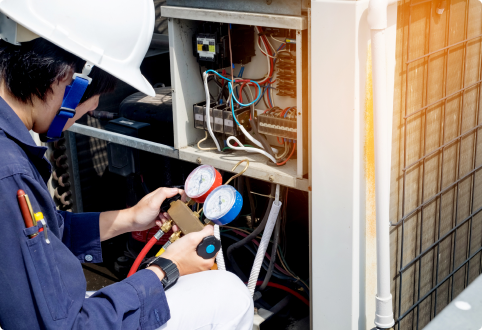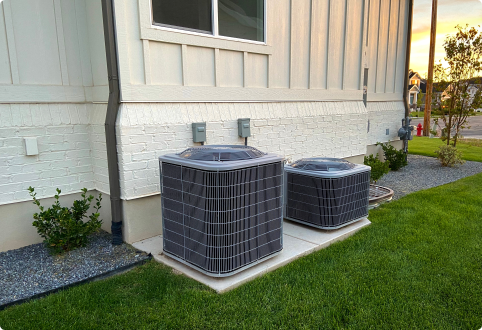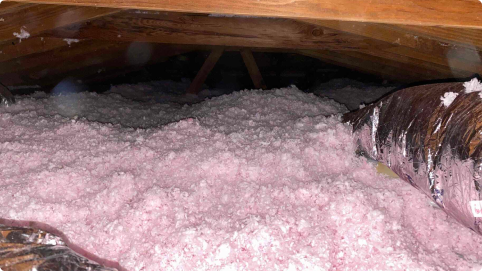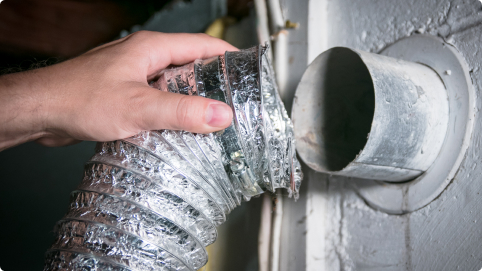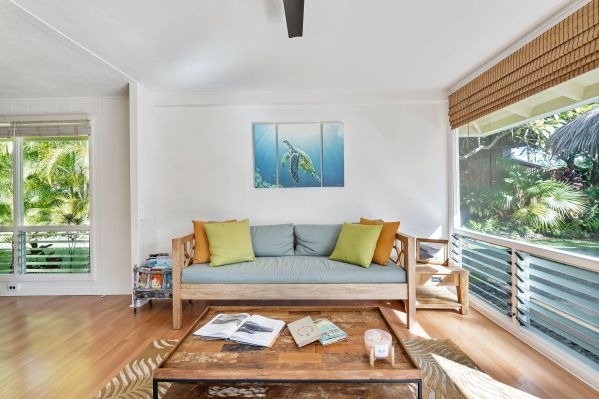Welcome to Filterbuy HVAC Solutions, the best HVAC system replacement service company proudly serving in and near the greater Kendall, FL area. Please let us know how we can help solve your Kendall HVAC system replacement needs with professional, affordable, and fast residential and commercial HVAC services by getting a free online quote or by giving our friendly HVAC specialists a call. We look forward to hearing from you!
Top Signs Your Kendall Home Needs an HVAC System Replacement
Have the energy costs for your Kendall home increased dramatically? That is an obvious indication that the HVAC system needs to be replaced. Constant repairs also draw attention to this need.
Unbalanced temperatures in different rooms are another red flag. An HVAC system more than 15 years old is also a concern. Consider switching it out for a more modernized energy-efficient model.
Are strange sounds coming from your system? What about peculiar smells? Those indicate hidden mold or electrical problems.
Wish to avoid unexpected HVAC costs? We will address that shortly.
Key Takeaways
■ Energy bills that are going up mean the HVAC system is working too hard. It needs to be replaced.
■ It’s cheaper to have an HVAC replacement in Kendall FL than to spend more on constant repairs.
■ In a home with some rooms that are too hot or cold means ductwork or HVAC replacement is needed.
■ An HVAC system over 15 years old and uses a lot of energy needs replacement.
■ An HVAC system making strange noises or smells suggests problems.
Skyrocketing Energy Bills
Notice a sudden rise in your energy bills? You're not alone. Many Kendall homeowners are also experiencing this. It means an overworking HVAC system. This is where energy efficiency factors in.
Your HVAC system is not efficient if it uses too much energy. This increases your bills. It is especially noticeable in Florida's hot summers and cold winters. Your system needs to be replaced.
To prevent this, seasonal maintenance is the key. It helps your HVAC system work as well as possible, just like going to the dentist regularly.
Opting for an energy-efficient brand is more efficient. Although the upfront cost is higher you'll save on energy bills over time. A trusted HVAC replacement company in Kendall FL wants to give you the best and most energy-saving air conditioners in Florida.
Frequent HVAC Repairs
Constant HVAC repairs mean your system's going downhill. Regular HVAC check-ups may seem inconvenient but they save you money over time.
Repair costs, over time, indeed begin to accumulate. A small repair quickly turns into a big expense. You'll pay for parts, labor, and other fees. Honestly, it’s better to find better places to invest this money.
Consider maintenance frequency next. Your HVAC system breaking down often means it’s underperforming.
Throwing money at a worsening problem is like using a Band-Aid on a sinking boat. You might fix one leak but another one will appear quickly.
Inconsistent Room Temperatures
If you live in Kendall and your home's temperature keeps changing. That’s a clear signal of an HVAC system nearing its end. Some rooms might be too hot, while others might be too cold. This isn't just in your head. Uneven temperatures are indeed a concern that signifies a need to look for an HVAC replacement service in Kendall FL.
Here are some steps to identify potential issues:
■ Insulation: Good insulation helps keep your home at a consistent temperature and last longer. Without enough insulation, your HVAC system has to work harder. This wears it out faster.
■ Ductwork: Ducts that are damaged or leak lower the HVAC's efficiency. This leads to temperature disparities between rooms. If ■ temperatures across your home feel unpredictable, scheduling a ductwork evaluation is your next step.
Aging HVAC System
Even with good care, all HVAC systems get old. Like any machine, they wear out over time. You've done your part, but time is something you can't control.
An HVAC system becoming less efficient means it’s working harder than it should. This increases your energy bills.
An aging HVAC system doesn't always necessitate replacement. However, combining age with factors such as frequent repairs and escalating energy costs calls for one. If it's over 15 years old, replace it.
Opt for a modern, energy-efficient system to save money over time. HVAC replacement company in Kendall FL makes strong HVAC products that can handle Florida’s hot and sticky weather. Choosing Filterbuy means investing in durability and a reputable brand. Our products are made with the best stuff so they last a long time and work really well.
Unusual Noises and Smells
Unusual noises and peculiar smells from your HVAC system aren't to be ignored.
Probable problems could be:
■ Mechanical Problems: This is marked by screeching, grinding, or banging sounds
■ Moldy Ductwork: This is marked by a musty odor and an
■ Electrical Issue: This is marked by a burnt smell.
How to resolve this?
■ Regular Maintenance: Clean it regularly and replace the filters. This is to keep your HVAC system running smoothly.
■ Home Repair: Here are some simplified sample scenarios: A rattling noise may mean a loose screw needs tightening. A screeching sound could indicate a slipping or broken blower belt; check and replace it if needed. A musty odor might signal mold in the ducts or around the unit, so inspect for it.
■ System Replacement: Persisting noises or smells that refuse to dissipate signals for a replacement. Trustworthy options from brands like Trane or Carrier are available. Be proactive about unusual noises and smells to prevent larger issues in the future.
Reliable technicians from HVAC replacement services in Kendall FL complete a comprehensive training program that covers HVAC fundamentals, advanced troubleshooting, and modern installation practices. This ensures they are equipped to handle repairs even the most complex installations.
Frequently Asked Questions
What is the average cost to replace an AC unit in Florida?
The HVAC replacement cost in Kendall Florida differs. It is $3,500 to $7,500. Depending on how big your house is and the kind of air conditioner.
Do you need a permit for HVAC replacement in Florida?
Yes. A permit is required in Kendall FL. This ensures the installation complies with local building codes, is safe, and is important for insurance.
What is the life expectancy of an HVAC unit in Florida?
An AC unit lasts 10 to 15 years in Florida. It is lower than the national average. Due to the high heat and humidity levels of the place. Regular maintenance makes it live longer.
How often should you replace the HVAC unit?
HVAC units should be replaced after 10 to 15 years in Kendall FL because of the hot weather. This requires the unit to work harder and more frequently. Regular maintenance prolongs its lifespan but the hot weather will eventually damage it. Making replacement necessary sooner than in less demanding environments.
How much does an air conditioner cost for a 2000 sq ft home in Florida?
It costs between $2,500 to $7,500 including installation. The price depends on the unit's size and brand. Also with the complexity of the installation process.
What is the most expensive part to replace on an AC unit?
The outdoor condenser is the most expensive part. It costs between $1,350 to $2,300 to replace, including labor.
Can I install my own AC unit in Florida?
Yes, but it’s not recommended due to complexity and safety issues. Professional installation follows local building codes and avoids performance issues and warranty complications.
What are the HVAC rules in Florida?
HVAC rules in Florida say that all installations be done by a professional and that all systems meet the state's energy efficiency standards. A permit is required for new installations or even replacements.
How long can a landlord leave you without AC in Florida?
There are no laws specifying this in Kendall FL but since AC is important for a comfortable home, it should be repaired within 7 to 14 days. For urgent repairs, tenants can file complaints or withhold rent under certain conditions.
What HVAC lasts the longest?
Brands like Trane, Lennox, and Carrier are cited as the HVACs that last the longest. Exceeding 15 years with proper maintenance. Regular maintenance like changing filters and scheduling annual check-ups. This extends the life of your system.
Can an HVAC unit last 30 years?
An HVAC unit can last 30 years with proper maintenance. However, most units experience a decline in performance before that time. Making regular servicing and timely replacement important for optimal operation.
Is a 10-year-old HVAC old?
A 10-year-old HVAC unit is middle-aged. While it may still work well, efficiency and reliability decline, it’s important to watch its performance and think about future replacement options.
Here is the nearest branch location serving the Kendall FL area…
Filterbuy HVAC Solutions - Miami FL - Air Conditioning Service
1300 S Miami Ave Unit 4806, Miami, FL 33130
(305) 306-5027
https://maps.app.goo.gl/XDTMcEGZ1vdktKqJ6

.webp)
.webp)
.webp)
.webp)






